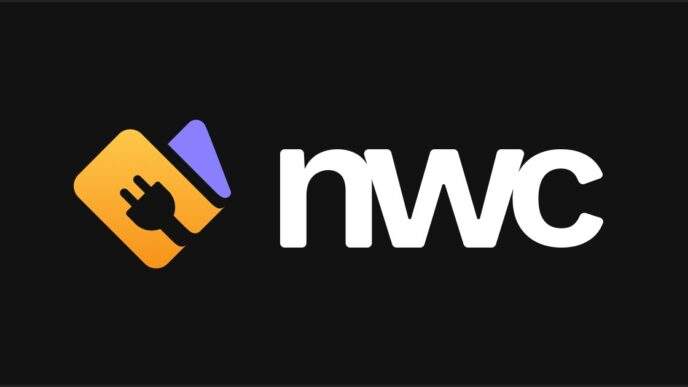This article is not legal advice. Please contact a legal professional if you have questions.
The legality of running a Bitcoin Lightning node, particularly in the context of self-hosting and decentralization, is a complex and somewhat ambiguous issue. While Bitcoin itself is generally considered a commodity, the Lightning Network operates differently and may fall under different legal classifications.
Legal Ambiguity
The primary legal concern for Lightning node operators stems from 18 U.S. Code § 1960, which prohibits unlicensed money transmitting businesses. Lightning nodes, unlike regular Bitcoin nodes, earn fees for routing transactions, which could potentially classify them as money transmitters.
Key Legal Considerations
- Business Definition: It’s debatable whether Lightning node operators constitute a “business” as intended by lawmakers.
- Money Classification: There’s uncertainty about whether bitcoin qualifies as “money” under the law, given its volatility and unique characteristics.
- Public Service: It’s unclear if the Lightning Network is truly a public service or more of a niche for enthusiasts.
- Control of Funds: A crucial point of contention is whether money transmitters must have control over the funds they transmit.
Self-Hosting and Decentralization
Self-hosting a Lightning node adds another layer of complexity to the legal landscape:
- Privacy Concerns: Running a clearnet node (as opposed to one behind Tor) attaches an IP address to your node identity, potentially creating privacy hazards.
- Jurisdictional Issues: The legality of running a Lightning node may vary depending on your jurisdiction.
- Regulatory Challenges: Self-hosted nodes may face obstacles in criminal investigations, as noted by European Union law enforcement agencies.
Potential Legal Risks
While the legal status remains unclear, there are potential risks for Lightning node operators:
- Unlicensed Money Transmission: Operators could potentially be seen as engaging in unlicensed money transmission.
- Regulatory Scrutiny: As the network grows, it may attract more attention from regulators.
- Lack of Legal Precedent: The novelty of the technology means there’s little legal precedent to guide interpretations.
Conclusion
The legality of running a self-hosted Lightning node remains in a gray area. While it offers benefits in terms of decentralization and financial sovereignty, it also operates in an uncertain legal landscape. As the technology evolves and gains more mainstream adoption, clearer regulations and legal interpretations are likely to emerge. For now, individuals considering running a Lightning node should be aware of the potential legal implications and consider consulting with legal professionals familiar with cryptocurrency regulations in their jurisdiction.
















